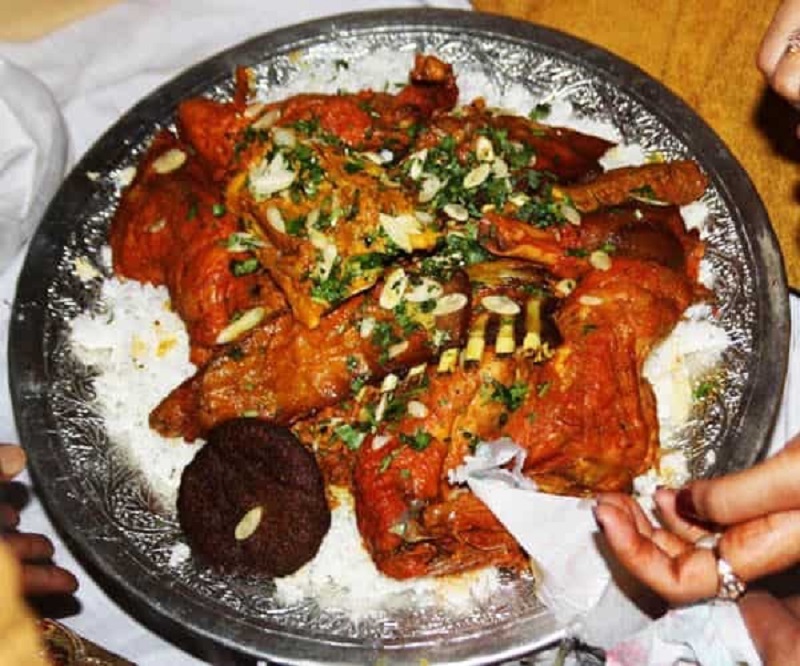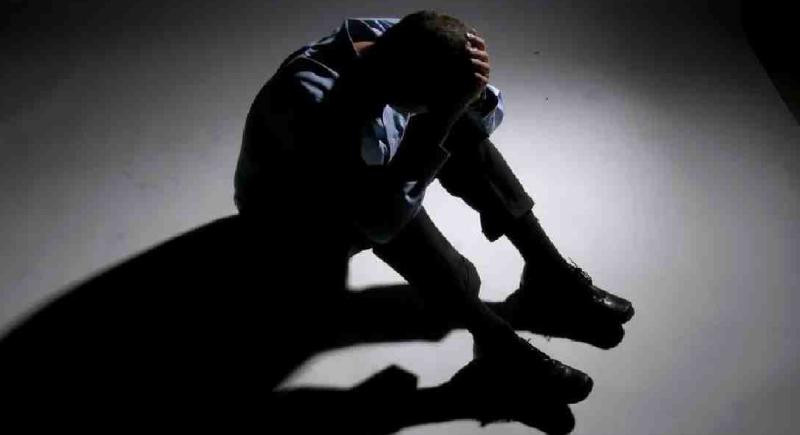Food Wastage in Kashmir: A Stark Reality and a Call to Conscience
By: Javid Amin
In the serene valleys and picturesque landscapes of Kashmir, a silent yet profound crisis looms large, one that has far-reaching consequences for society, the environment, and our collective morality. The menace of food wastage, once relegated to the shadows, has taken center stage, demanding our urgent attention.
Daily Squander: A Conundrum Close to Home
In the quaint towns and bustling cities of Kashmir, food wastage has surreptitiously embedded itself in our day-to-day lives. As we go about our routines, we might not realize that with every morsel casually discarded, we are contributing to a festering problem that’s affecting our neighbors, our communities, and our beloved land.
The Grand Celebrations: A Feast or a Famine?
The magnitude of food wastage amplifies exponentially during the lavish weddings that Kashmir is known for. These grand affairs, characterized by extravagant feasts and endless platters of delectable dishes, are paradoxically tarnished by the vast quantities of food left uneaten. It’s a heart-wrenching spectacle where the excesses of one celebration contrast starkly with the dire needs of others.
To illustrate the gravity of the issue, we can look to the unfortunate saga of Uganda. The nation once grappled with severe food crises, largely exacerbated by food wastage. The tragic result was food vanishing from plates while masses were left starving. This serves as a haunting reminder that heedless food wastage can precipitate profound human suffering.
A Drastic Change: Government Food Distribution
Notably, there has been a stark transformation in government food distribution schemes over the years. Previously, the government provided kilograms of essential commodities, but now, these have been downsized to mere grams. This shift underscores the alarming direction in which we are heading, towards a looming crisis of scarcity.
The Expanding Platter: A Culinary Challenge
Today, enjoying the sumptuous Wazwan, a beloved traditional feast, has become a culinary challenge. In times gone by, it comprised a humble seven dishes. However, this has escalated to a staggering 24 or more, leaving diners overwhelmed and, unfortunately, contributing to more wastage.
The solution, though simple, requires collective effort and a shift in mindset. It’s a clarion call to leave our egos and pride aside and adopt a more conscious approach to consumption. Instead of pushing the boundaries of gluttony, we must adopt the practice of eating what we can and thoughtfully packaging the rest for our families or those in need. This simple act can fill someone’s belly and rescue us from the grave moral sin of wastage.
Learning from the World: Where Food Wastage is a Crime
Around the globe, numerous countries have recognized the dire implications of food wastage and have acted to criminalize it:
South Korea: This nation has made wasting food a punishable offense, with fines of up to $1,000 for offenders.
France: Here, supermarkets are legally obligated to donate surplus food to charities or food banks, curbing food wastage.
Italy: In Italy, discarding food in public spaces is prohibited, and transgressors can face fines of up to $500.
The Time to Reflect and Act is Now
As the specter of food wastage continues to loom over Kashmir, it is imperative that we reflect on our daily actions and their impact. The choices we make concerning food can no longer be casual; they must be conscientious. The mantra is simple: eat what you can and pack the rest for your family or those in need.
The path to redemption begins with our collective awareness and responsibility. Let us, as responsible citizens of this beautiful valley, pledge to combat food wastage, for in doing so, we not only preserve our resources but also ensure that no one goes to bed hungry. The clock is ticking, and the choice is ours. Let us choose wisely before it is too late.






